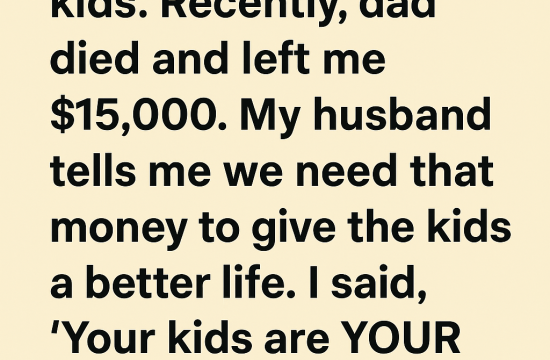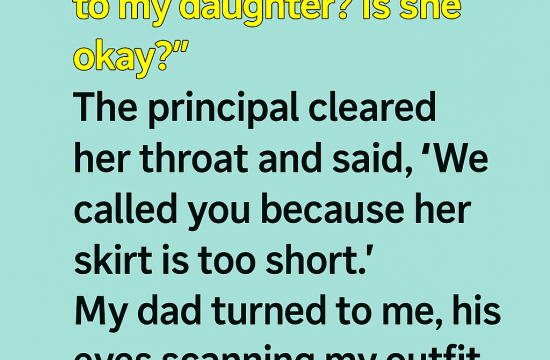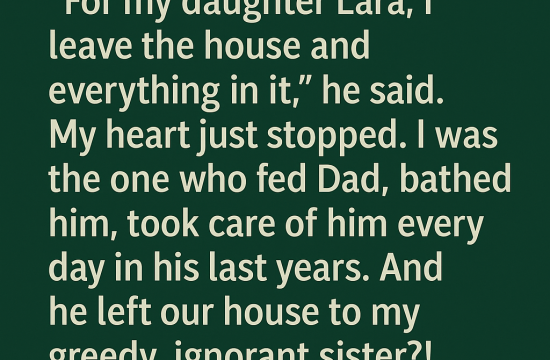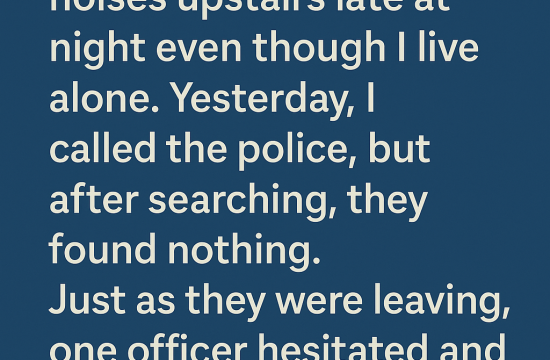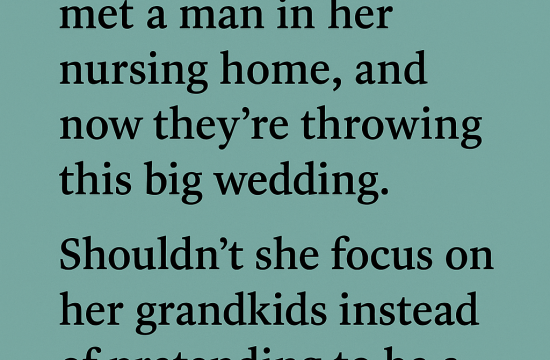My sister invited 300 people to her wedding, but only 50 showed up. It was supposed to be the best day of her life, but instead, she was crying in the bridal suite. I was furious on her behalf, determined to find out why so many people had vanished.
Her name is Noura. She’s the gentlest soul you’ll ever meet—always the peacemaker, always sending thank-you notes, the kind of person who makes everyone feel seen. She planned every detail of that wedding with love: hand-painted place cards, personalized welcome baskets for guests, and even a falafel truck at midnight—because Tariq, her fiancé, had proposed to her outside their favorite street stall in Minneapolis.
It was beautiful. Or it should have been.
The ceremony started late because the pews were still half-empty. At first, we thought guests were delayed. But by the reception, the truth was obvious—the ballroom looked deserted. So many empty chairs, untouched food, and silence where there should have been laughter.
Noura smiled through it, danced when the band played, and thanked every guest who had come. But when I slipped into the bridal suite, I found her sitting on the floor, dress bunched around her, crying into a napkin. That sight burned itself into me. She deserved joy. Not humiliation.
The next morning, I started calling.
At first, the excuses sounded casual—“Oh, something came up” or “We thought it was next weekend.” But then an old co-worker of hers slipped. She said, “We heard the wedding was canceled.”
Canceled.
That word sent chills through me. Someone had lied.
I dug deeper. Checked the group chat—nothing strange. Looked at the wedding website—only one odd anonymous comment asking if the event was still on. Then I searched Noura’s old Facebook event page. That’s when I saw it:
“Wedding is postponed. Will update with new date soon.”
It was posted from an account called GuestUpdates2025, using a stock photo of champagne glasses.
I felt sick.
With the help of my tech-savvy cousin Maha, we traced the fake account to an IP address in Minnesota. Not random. Not a stranger. Someone close. Someone who wanted this wedding stopped.
I cross-referenced the RSVP list with no-shows. Family, friends, co-workers—all of them had received “updates.” One cousin said he got an email postponing it. Another friend said the email warned it was “private” and not to reach out.
This wasn’t a misunderstanding. It was sabotage.
And then Maha found it: the fake Gmail account—
[email protected].
My blood boiled. Whoever did this had planned it carefully. And it had to be someone inside the family circle.
When I finally told Noura, she went pale. After a long silence, she whispered one name:
“Farah.”
Tariq’s sister.
Farah was polite, always distant, never hostile—but never warm either. She’d once joked that they were “rushing into things,” but apparently, it hadn’t been a joke.
I invited her to coffee. When I casually mentioned the fake accounts, her eye twitched. That was all the confirmation I needed.
Finally, she cracked.
She confessed she’d created the accounts. She didn’t want to destroy the wedding—only delay it. She thought Noura was “too perfect,” that she was stealing her brother, changing him. When the lie snowballed out of control, she panicked and said nothing.
I was disgusted. She had watched Noura cry in her wedding dress, and still stayed silent.
When Tariq found out, he didn’t hesitate. “She tells the truth,” he said, “or she never sees me again.”
Farah broke down. She apologized, admitted everything, and sent a mass email explaining her sabotage.
But Noura, in her quiet grace, had another idea.
“Let’s throw a second reception,” she said. “Not to redo the wedding—but to thank those who were misled.”
So we did.
Three months later, under fairy lights in a rented hall, Noura and Tariq celebrated again—this time with over 200 people. Guests laughed, danced, and embraced her, apologizing for believing the lie. Even Farah helped greet people, trying—awkwardly—to make amends.
Noura forgave her, though she didn’t forget. And surprisingly, Farah began to change—therapy, new hobbies, less bitterness. For once, she was learning how to live without controlling others.
And me? I learned that truth has a way of clawing itself free, no matter how deep someone tries to bury it.
Noura’s “ruined” wedding became a symbol of resilience. Sometimes the best day of your life gets stolen. But if you’re brave enough to fight for it, it can return—stronger, brighter, and more unforgettable than before.




